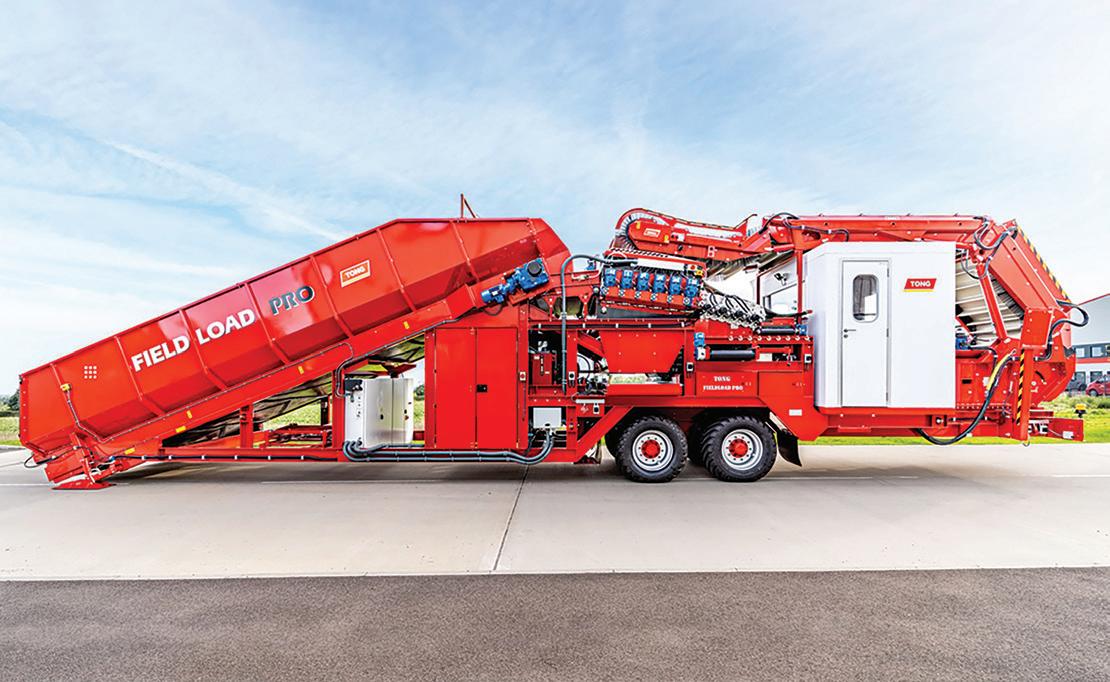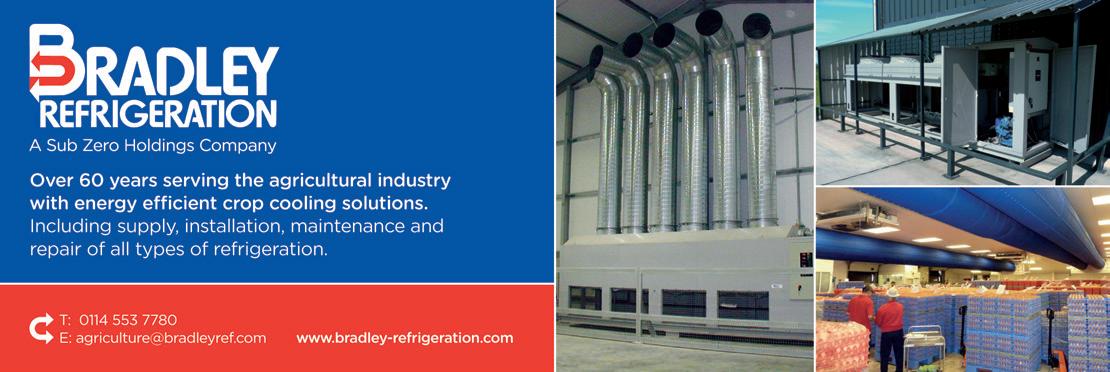
4 minute read
James Hutton Institute
compromising yield and quality, while at the same time benefitting the environment,” says Jari Pentinmaki, Managing Director of Yara UK.
The NFU welcomed the news. Commenting at CropTec, Matt Culley, NFU Chair of the Combinable Crops Board said, “We welcome the news from Yara, raising nitrogen use efficiency on farms is a win win. Farmers need to buy less fertilizer, crops perform better and in comparison, to other decisions farmers might face its a relatively simple step to take. The fact that it also contributes to a lower carbon footprint is something that will inevitably gain in importance as carbon markets and supply chains adjust”.
Advertisement
Mark Tucker explains that “Yara’s digital Atfarm platform helps farmers apply nitrogen more precisely. Utilising satellite images to monitor crop growth, farmers and agronomists can create variable rate application maps in just minutes. Farms are also able to use the N Tester BT to get field specific nitrogen recommendations for their cereal crops, as well as monitoring the leaves nitrogen status as the spring growth progress.”
“Nutrient Use Efficiency is an NFU priority, and we’d like to work with Yara and others on a series of webinars and workshops we’ll be putting on over the coming months,” adds Mr Culley. “Everyone is welcome no matter what stage you are at, so look out for these.”
“We want to do everything we can to support UK farmers,” adds Jari. “We hope that by encouraging farmers to explore the smart tools available to them, it will bring both financial and environmental benefits.”
FARMING SCOTLAND MAGAZINE Next issue out March 2023 Barley Hub opens at James Hutton Institute
By Robbie Waugh, Director of the International Barley Hub
Barley is the predominant crop grown in Scotland, and directly or indirectly supports some 40,000 jobs north of the UK border, largely due to it underpinning the worldrenowned Scotch whisky industry.
Demand for the crop has grown in recent years, thanks to £2bn of investment in national distillery infrastructure, growth in the craft beer sector and increased whisky sales. However, research from the James Hutton Institute has found it is becoming increasingly difficult to meet this demand locally due to adverse weather conditions reducing barley yields or quality, regulatory changes restricting use of certain agrochemicals and challenges in crop management particularly in relation to the push for more sustainable production methodologies.
To tackle these issues, £62 million (£45 million from the UK Government and £17 million from the Scottish Government as part of the Tay Cities Region Deal) has been invested at the JHI campus to build the International Barley Hub (IBH) and Advanced Plant Growth Centre (APGC).
In December, we opened the International Barley Hub Field Centre, which will promote the translation of scientific discoveries into practical impacts, and pilot new technologies for crop management including agricultural sensors, in-field robotics and drones.
The IBH building, delivered by Wellwood Leslie Architects and construction business McLaughlin & Harvey, will integrate key sustainability technologies, such as: • generating hot water, heating and cooling via air source heat pumps; • using low-energy LED lighting along with daylight dimming and infrared controls; • providing natural ventilation
where possible and heat recovery on mechanical systems; • reducing employee exposure to airborne contaminants (dust, fumes, etc) through the installation of Local
Exhaust Ventilation (LEV) systems
The IBH aims to enhance the production of premium quality barley by focusing on the whole barley supply and value chain, delivering a step change in barley research capability with modern facilities and state of the art equipment. Securing resilience of the barley supply and value chain is critical to the continued success of our global food and drink businesses, and particularly for the whisky industry here in Scotland.
The James Hutton Institute is a world-leading scientific research organisation working to resolve global challenges in food, climate, energy and water security. The Institute works in partnership with people, organisations and governments to enhance sustainable environmental, social and economic development to deliver practical solutions for our shared future. www.hutton.ac.uk
arable & root crops Tong demonstrated a new vision for labour efficiencies

Tong Engineering demonstrated its latest handling equipment advances that focus on overcoming post-harvest labour challenges, at the UK’s largest agricultural machinery show, LAMMA this month.
“Reducing costs and maximising efficiencies are a priority for everyone right now, and there’s no doubt that vegetable growers and producers faced a common set of challenges throughout the 2022 harvest season,” says Charlie Rich, Sales Director at Tong Engineering. “The industry has experienced difficulties in sourcing reliable labour to effectively grade and sort crop. Likewise, minimising crop mileage and associated costs has been more important than ever.”
“As vegetable handling equipment specialists, we are continuously developing our equipment to overcome these challenges with automated and efficient solutions,” explains Charlie. “A number of our new product developments have really come into their own during harvest. In particular, the FieldLoad PRO and our industry leading Caretaker mobile grader have proved very popular once











